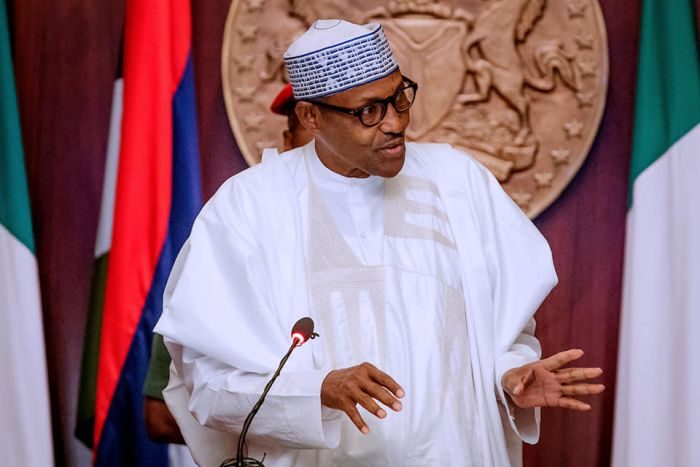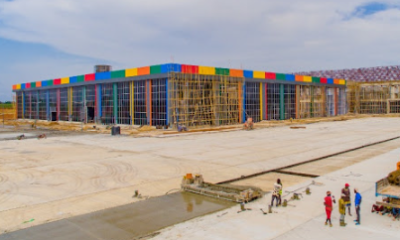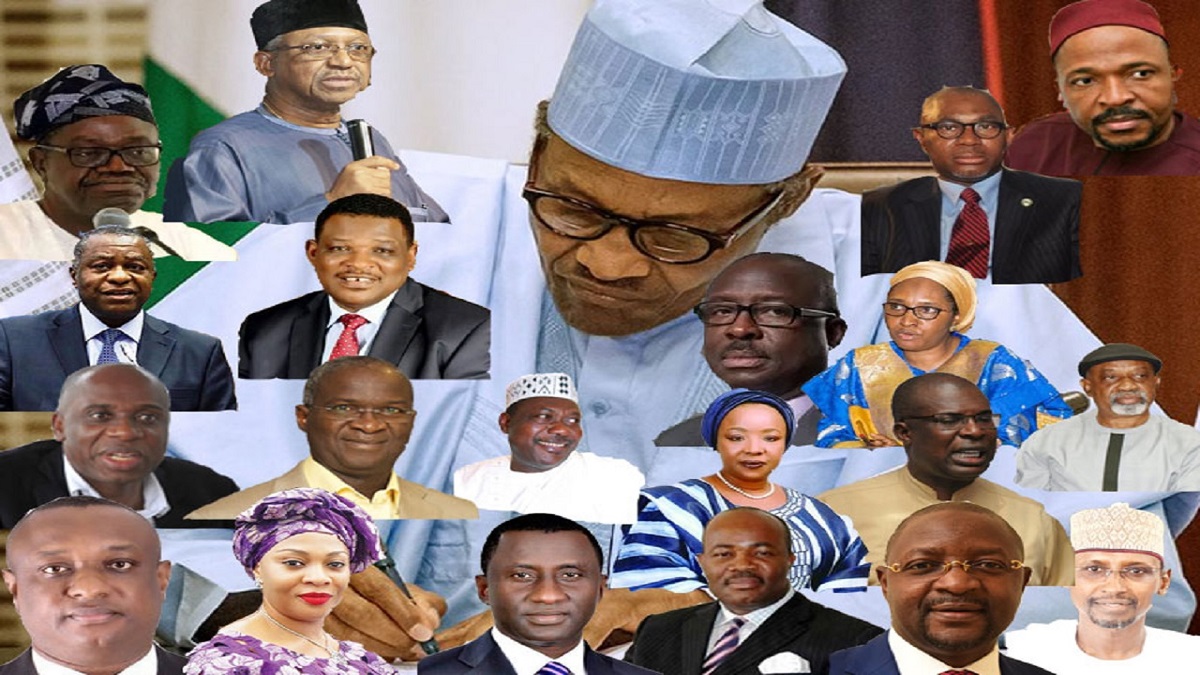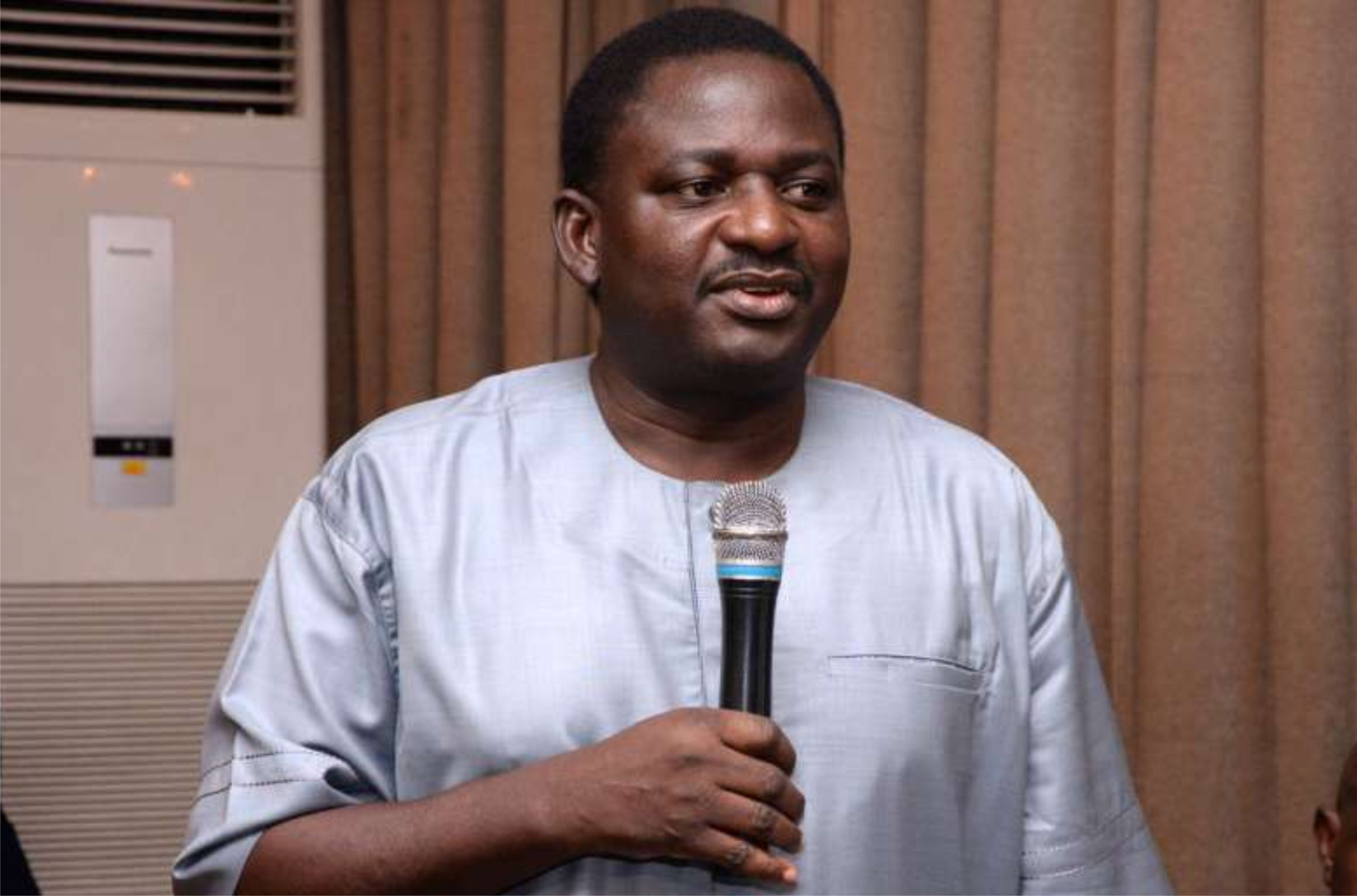President Muhammadu Buhari has approved establishment of a National Action Committee (NAC) for the implementation of African Continental Free Trade Area (AfCFTA) Agreement.
Recall that President Buhari recently signed the AFCFTA agreement on behalf of Nigeria at the 12th Extraordinary Session of the African Union Heads of State on 7th July 2019, in Niamey, Republic of Niger.
In a statement by his Senior Special Adviser on Media and Publicity, Garba Shehu, the National Action Committee comprised of representatives of Ministries and Agencies with competent and relevant jurisdiction, and selected stakeholder groups from the private sector and the civil society to coordinate the implementation of all the AfCFTA readiness interventions.
According to him, the the National Action Committee (NAC) will upon inauguration, undertake a process of engagement with stakeholders to sensitize them on the opportunities and challenges of the AfCFTA, with preparedness plans for Nigerian economy.
President Buhari had approved recommendations of the Committee on Impact and Readiness Assessment of the African Continental Free Trade Area (AfCFTA) Agreement. The Committee, which was inaugurated by the President in October 2018, submitted its report on 27 June 2019.
The Report of the Presidential Committee was comprehensive, analytic with the full engagement of Stakeholders in the Nigerian economy. The work of the AfCFTA Presidential Committee was preceded by a nation-wide sensitization process directed by Mr. President.
The Report and consultative process raised the bar in engagement by Government with Stakeholders and set a standard for building support for strategic areas of public policy with clarity on concrete parameters for implementation action.
The AfCFTA Agreement, which creates a single market for goods and services and movement of persons to increase intra-African trade and deepen African economic integration, has Phase I and Phase II negotiations.
Following the signing of the Agreement, Nigeria plans to participate in the ongoing negotiations on the annexures of Phase I agreement and protocols to incorporate the above safeguards approved by the President. For Trade-in-Goods Protocol, the annexures will include schedule of tariff concessions; rules of origin; customs cooperation and mutual administrative assistance; trade facilitation; transit trade and transit facilitation, technical barriers to trade, sanitary and phytosanitary measures, non-tariff barriers and trade remedies, for the protocol on trade in goods.
For Trade-in-Services Protocol, the annexures will include schedules of specific commitments, Most Favoured Nation (MFN) exemption and the annex on air transport.
Overall, the implementation of the AfCFTA is going to be a long journey. The Federal Government of Nigeria is committed to ensuring that Africa achieves a free and fair trade environment governed by rules that are predictable, enforceable, and in line with the intent and objectives of our continent which are growth, through increased intra-African trade, job creation and improved terms of trade in a rapidly changing global economy.

 Health5 days ago
Health5 days ago
 Entertainment7 days ago
Entertainment7 days ago
 Crime5 days ago
Crime5 days ago
 Education7 days ago
Education7 days ago
 Health7 days ago
Health7 days ago
 Comments and Issues6 days ago
Comments and Issues6 days ago
 Football6 days ago
Football6 days ago
 Latest6 days ago
Latest6 days ago









